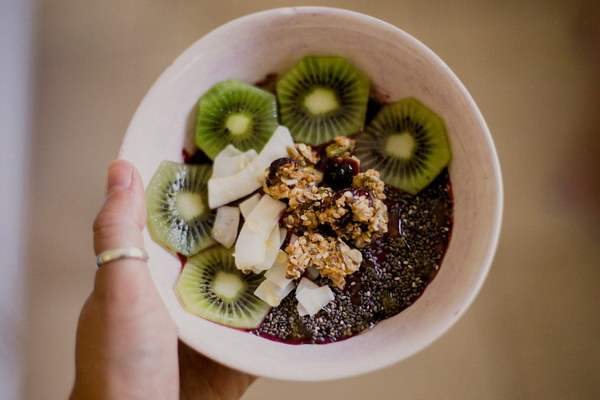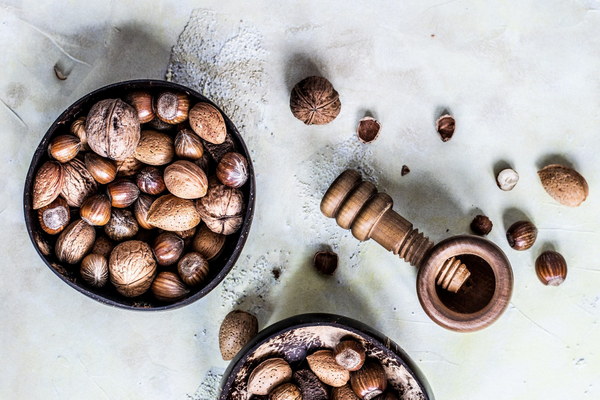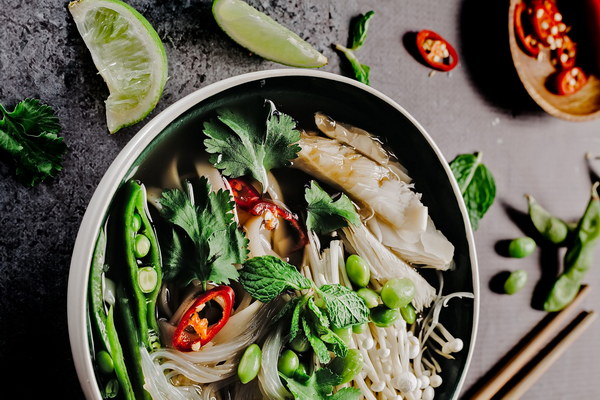Unveiling the Wonders of Flower Tea A Journey into Traditional Chinese Health and Wellbeing
In the heart of ancient Chinese tradition, tea has long been cherished not only as a beverage but also as a symbol of health and well-being. Among the vast array of tea varieties, flower tea has emerged as a favorite among tea enthusiasts and health-conscious individuals alike. This article delves into the world of flower tea, exploring its origins, benefits, and the art of brewing a perfect cup.
Origins of Flower Tea
Flower tea, also known as blossoming tea or scented tea, has its roots in traditional Chinese medicine. For centuries, the Chinese have used various flowers to enhance their health and vitality. Flower tea is a blend of dried flowers, leaves, and petals, which are carefully selected for their therapeutic properties. The art of flower tea dates back to the Song Dynasty (960-1279 AD), where it was considered a luxury among the elite.
The Benefits of Flower Tea
Flower tea is renowned for its numerous health benefits, which can be attributed to its unique blend of flowers and herbs. Here are some of the key benefits:
1. Antioxidant Rich: Flower tea is rich in antioxidants, which help to combat free radicals in the body and protect against oxidative stress.
2. Digestive Aid: Many flower teas have natural digestive properties, making them ideal for aiding digestion and reducing bloating.
3. Stress Relief: The delicate aroma of flower tea can help to relax the mind and reduce stress levels, promoting a sense of calm and well-being.
4. Detoxification: Flower teas are known for their ability to flush out toxins from the body, helping to improve overall health and vitality.
5. Beauty Enhancer: Regular consumption of flower tea can help to improve skin tone and texture, making it a popular choice among beauty enthusiasts.
Popular Flower Tea Varieties
1. Chrysanthemum Tea: This popular flower tea is known for its anti-inflammatory properties and ability to boost the immune system.
2. Peony Tea: Peony tea is known for its delicate flavor and aroma, as well as its potential to improve cardiovascular health.
3. Rose Tea: Rose tea is a favorite among those seeking to improve their complexion and reduce stress levels.
4. Jasmine Tea: Jasmine tea is known for its soothing properties and ability to improve sleep quality.
5. Lily Tea: Lily tea is a popular choice for its ability to boost the immune system and promote overall health.
How to Brew the Perfect Cup of Flower Tea
Brewing the perfect cup of flower tea is an art that requires patience and attention to detail. Here are some tips to help you get started:

1. Use Fresh Water: The quality of the water is crucial for the flavor of your tea. Use fresh, filtered water for the best results.
2. Boil the Water: Bring your water to a rolling boil before pouring it over the tea leaves.
3. Use the Right Temperature: The ideal temperature for brewing flower tea is between 180°F and 200°F (82°C to 93°C).
4. Steep for the Right Amount of Time: The steeping time for flower tea can vary depending on the type, but generally, it ranges from 2 to 5 minutes.
5. Add Sweetener if Desired: While flower tea has a naturally sweet flavor, you may choose to add a sweetener such as honey or sugar to taste.
In conclusion, flower tea is a delightful and healthful addition to any tea collection. With its rich history, numerous benefits, and simple brewing process, it's no wonder that flower tea continues to captivate the hearts and minds of tea lovers around the world. So, why not embark on a journey into traditional Chinese health and well-being with a cup of flower tea today?









